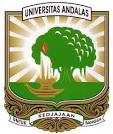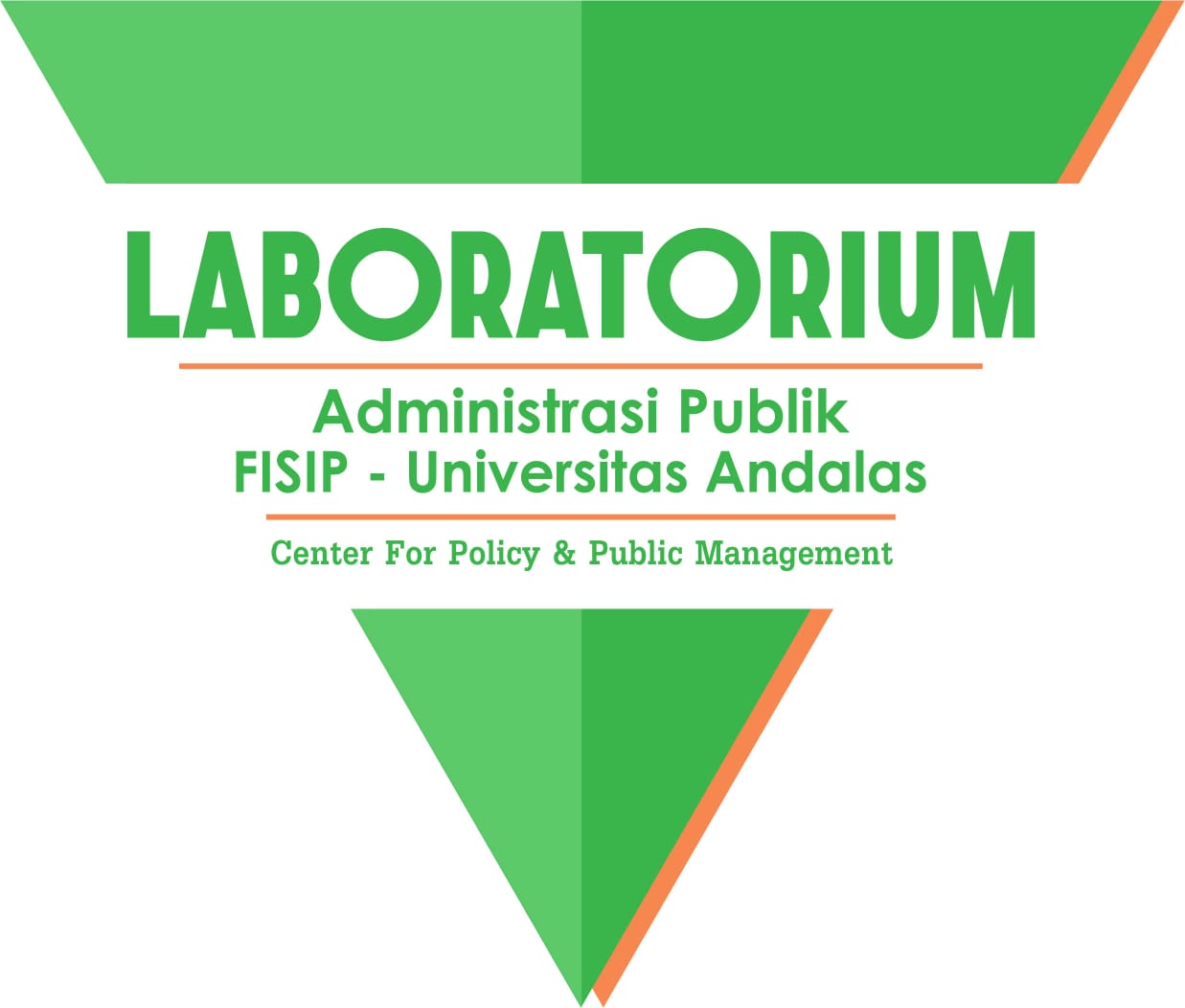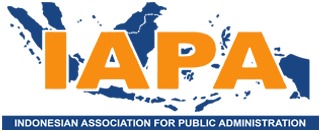Peleburan ego sektoral: strategi menurunkan stunting di Trenggalek
Abstract
For a very long time, villages have been positioned as objects of development by the state in various fields of development, including health and human resources. After the implementation of the village law issued in 2014, villages were granted autonomy. The granting of this autonomy does not necessarily make the village dissolve in the euphoria of celebrating managing its territory, especially health matters. Villages cannot simply be separated from the resources of the authorities that have been accustomed to relied on villages so far. Our study shows that there are negotiation efforts between the two autonomous regions to resolve cases of stunting (failure to develop and develop children) in Trenggalek District. What we want to put forward in this study is the strategy adopted by the village and the ingenuity of the district to embrace the village in preventing and reducing stunting. This research use a qualitative research methodThrough interviews with various parties at the local, sub-district, and village government levels, we found that the negotiations carried out had been able to change the ego between actors and the negative stigma about stunting into a collective force capable of fighting the high rate of stunting in Trenggalek District. Stunting is not only a problem for the health department . The stunting case in Trenggalek District can be reduced through cooperation between actors from various sectors because stunting is a form of failure of various policies that must be addressed together.
Downloads
Copyright (c) 2021 Ratnaningsih Damayanti, Arief Budi Nugroho, Reza Triarda, Ira Permata Sari

This work is licensed under a Creative Commons Attribution-NonCommercial-ShareAlike 4.0 International License.










